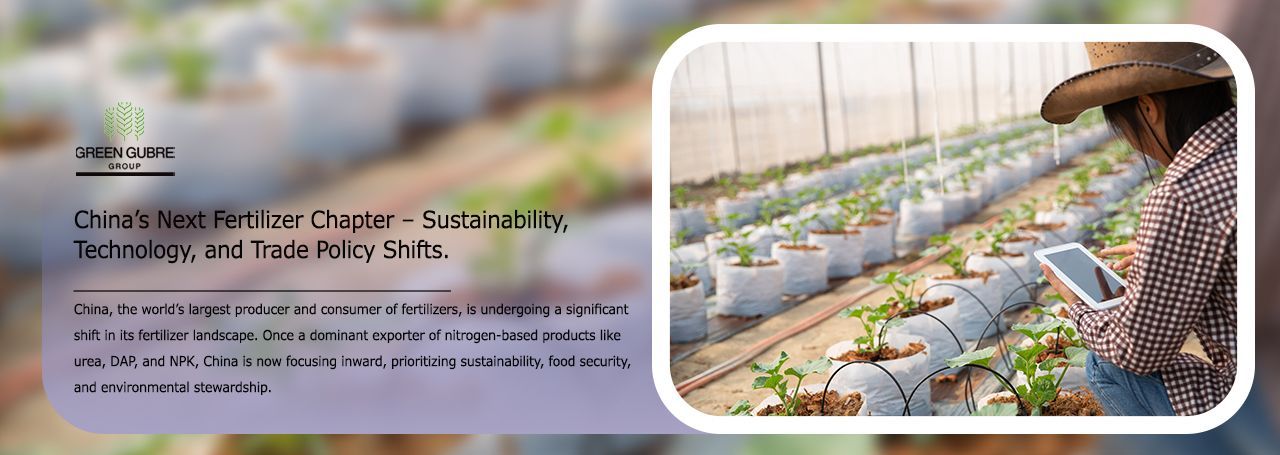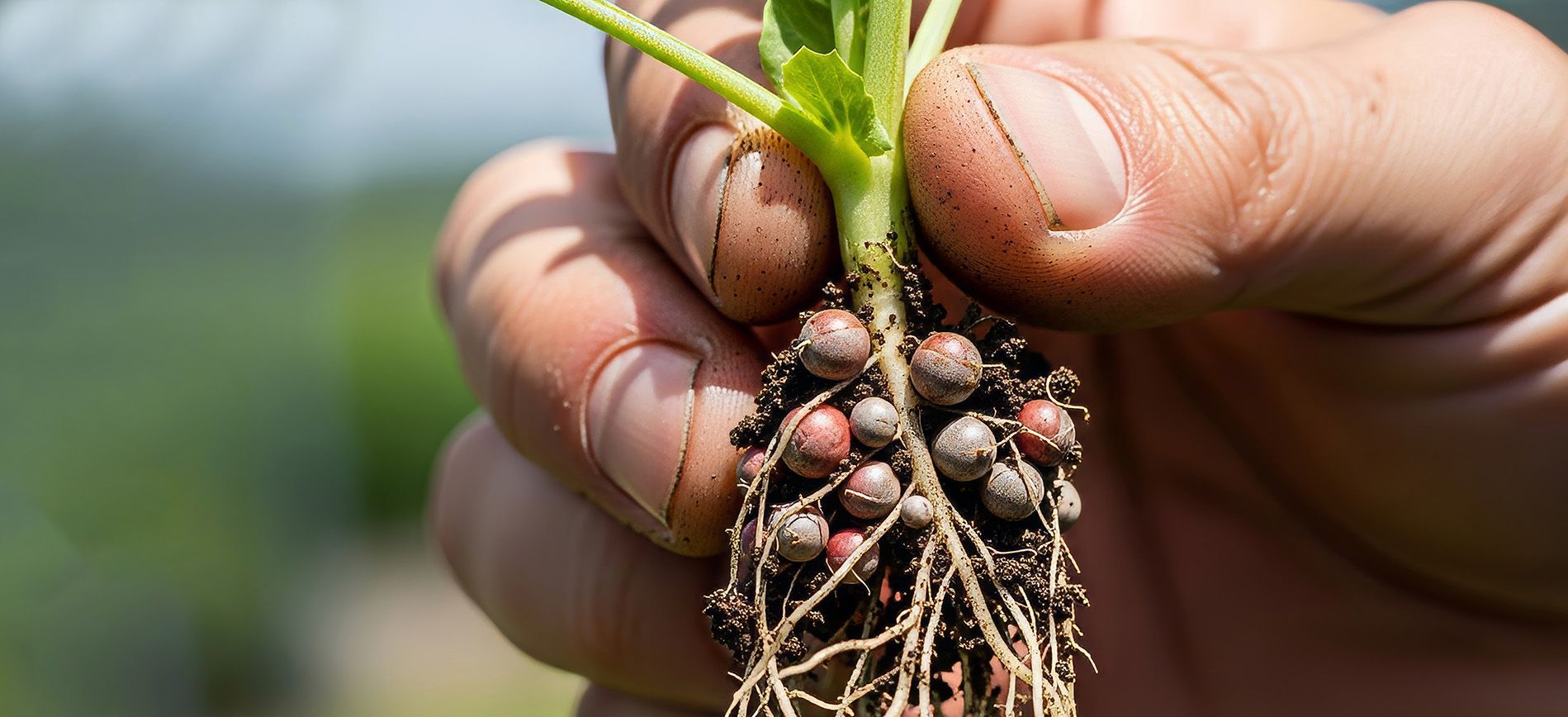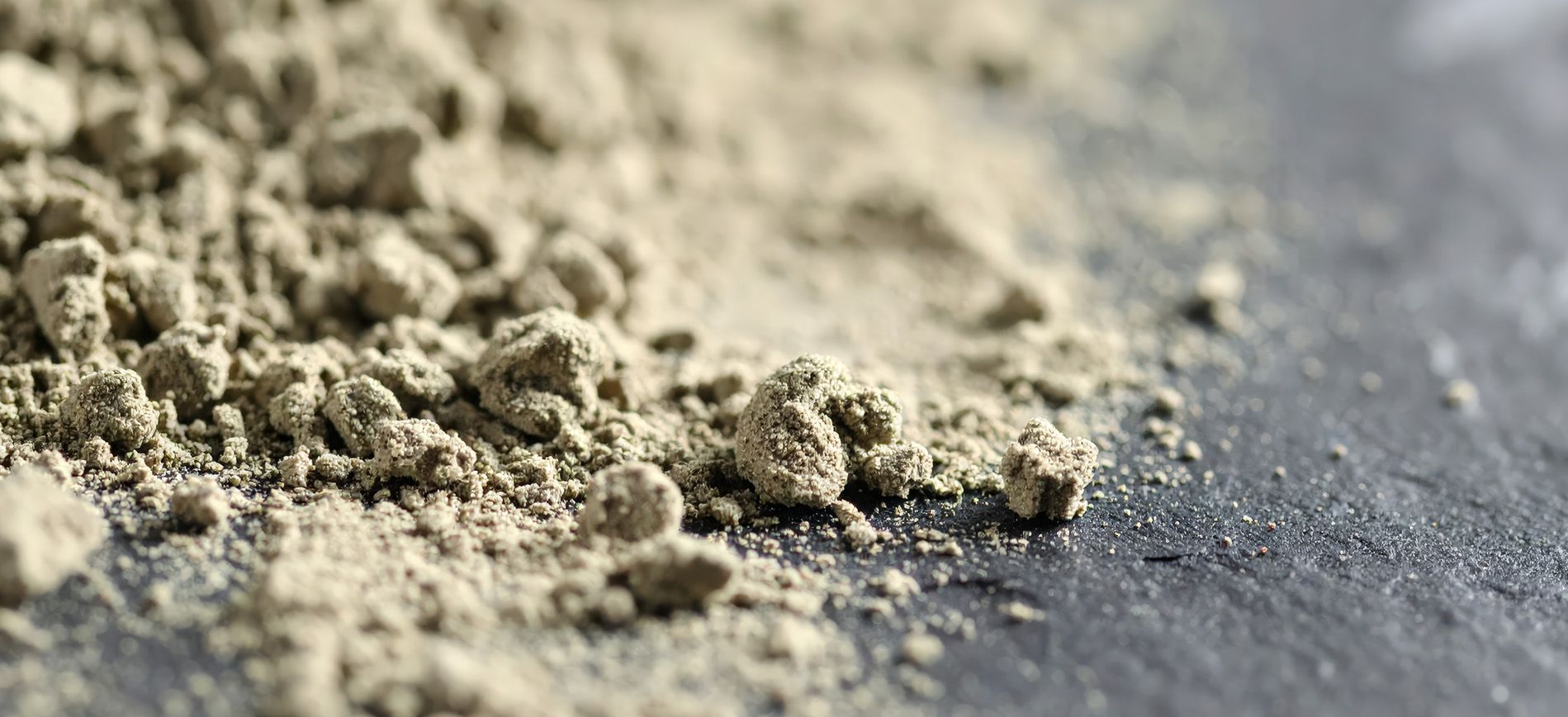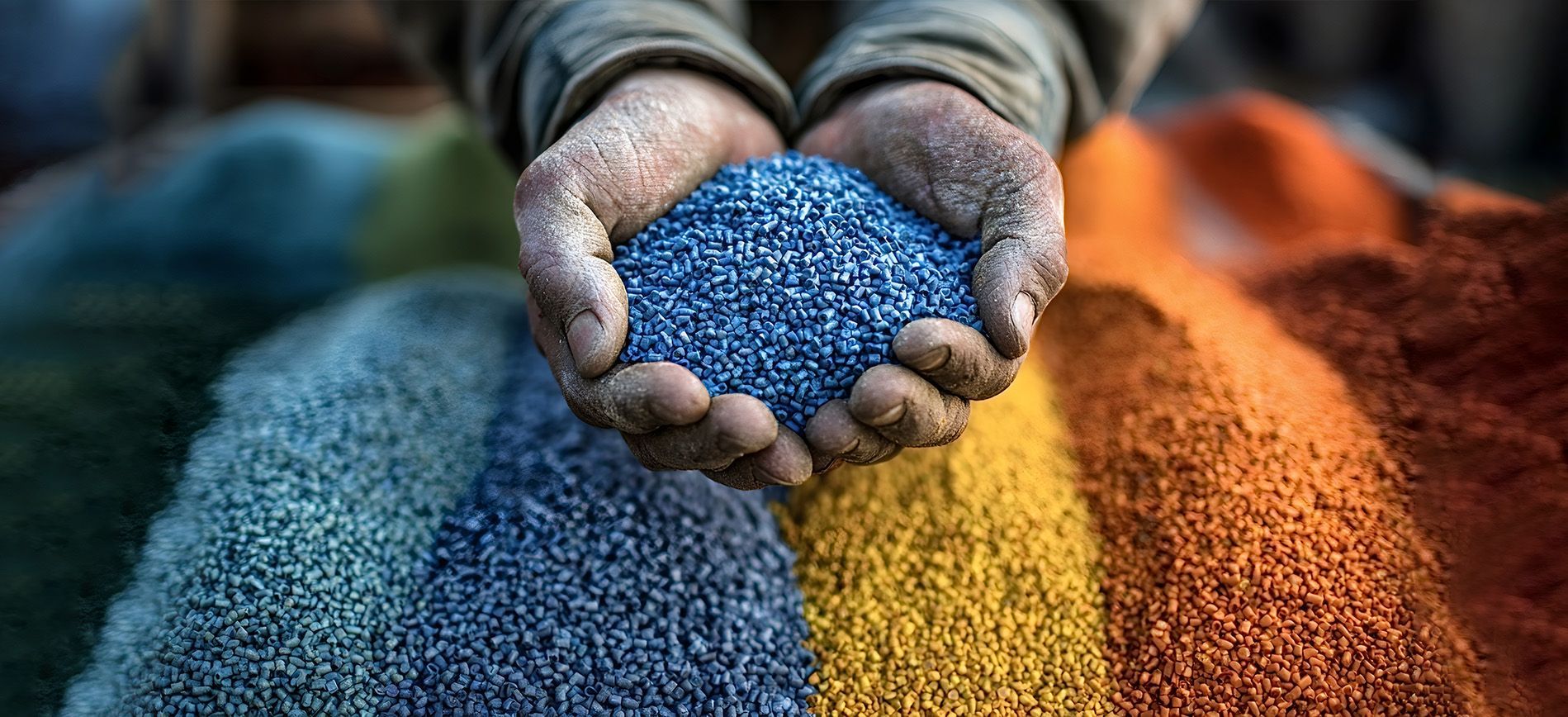China’s Next Fertilizer Chapter – Sustainability, Technology, and Trade Policy Shifts
China’s Next Fertilizer Chapter – Sustainability, Technology, and Trade Policy Shifts
China's Fertilizer Strategy- A Strategic Shift with Global Implications
China, the world’s largest producer and consumer of fertilizers, is undergoing a significant shift in its fertilizer landscape. Once a dominant exporter of nitrogen-based products like urea, DAP, and NPK, China is now focusing inward, prioritizing sustainability, food security, and environmental stewardship. This transformation is not just domestic; it influences global trade flows, fertilizer pricing, and technological adoption. The implications of this shift are profound, affecting not only China's domestic market but also the global fertilizer market dynamics, trade relationships, and sustainability efforts.
From tightening export controls to ramping up precision agriculture, China’s fertilizer strategy is entering a new chapter that blends innovation with regulation.
China’s Export Policy Shift: Impact on Global Supply Chains
China has long been a critical player in global fertilizer trade, especially in urea and phosphate-based products. However, since 2021, the government has restricted fertilizer exports to ensure domestic supply and control domestic food inflation. These restrictions—extended multiple times—have disrupted global supply, particularly in Asia, Latin America, and Africa.
Key points:
- In 2023 and 2024, China’s urea and DAP exports were strictly controlled through quota and inspection systems.
- In May 2025, China resumed limited urea exports under a quota cap of 3.5–4 million tons through September.
- Experts anticipate that
export controls will return in Q4 2025, especially during the domestic peak fertilizer season.
These policy shifts have tightened international supplies, elevated global prices, and pushed import-dependent countries to diversify their sourcing strategies.
Read the latest market update on China’s fertilizer exports – Argus Media.
This is paragraph text. Click it or hit the Manage Text button to change the font, color, size, format, and more. To set up site-wide paragraph and title styles, go to Site Theme.
Precision Agriculture and Smart Fertilization: A Promising Future
China is accelerating the use of precision farming technologies to enhance fertilizer efficiency and crop yield. Innovations include:
- Remote sensing and drone-based fertilization.
- AI-driven nutrient diagnostics using big data.
- GIS-based
soil fertility mapping for tailored nutrient application.
The government is also supporting smart fertilizer plants that:
- Blend urea and NPK based on soil and crop needs.
- Produce controlled-release fertilizers to reduce leaching and volatilization.
- Integrate
IoT sensors to monitor nutrient uptake in real-time.
This digitalization wave is helping smallholder farmers transition toward more sustainable, data-informed farming.
Explore precision agriculture initiatives in China – FAO Report
Demand Shifts and Market Outlook
China’s fertilizer demand is shifting in both volume and type:
- Decline in total fertilizer use since 2015 (down nearly 15%) due to efficiency gains.
- Higher demand for specialty fertilizers, including NPK blends like 15-15-15 and water-soluble NPK.
- Growing market for
nano-urea,
biofertilizers, and
micronutrients in fruits, tea, and greenhouse crops.
Although overall use is declining, value and technology content are rising. Domestic producers are being nudged to upgrade offerings and reduce environmental impact.
Global Impact and Strategic Response: The Resilience of the Fertilizer Market
Countries relying on Chinese fertilizer exports must adjust to:
- Intermittent supply and price volatility.
- Longer lead times and inspection delays.
- Rising competition for available volumes during quota windows.
As a result:
- India, Brazil, and African nations are diversifying import sources.
- Producers in the Middle East and Southeast Asia are gaining market share.
- There’s growing interest in joint ventures with Chinese companies outside China.
Green Gubre Group: Supporting Markets Amid Chinese Shifts
At Green Gubre Group, we help clients navigate the uncertainty in global fertilizer supply caused by Chinese policy shifts. Our offerings include:
- High-quality granular and prilled urea 46% N from alternative origins.
- Customized NPK fertilizers suited for diverse agro-climatic zones.
- Market intelligence and supply chain planning to
mitigate trade risks.
We work closely with buyers in Asia, Africa, and Latin America to secure a consistent, affordable, and sustainable fertilizer supply.





